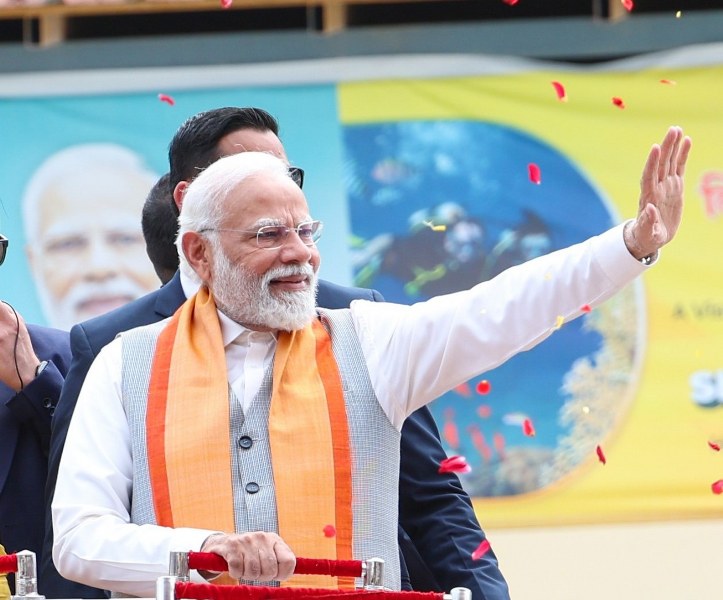The Qualifications Required to become Prime Minister

The qualifications required to become Prime Minister vary from one country to another, as they are determined by each country's constitution, laws, and political traditions. However, there are some common qualifications and criteria that are often expected for individuals aspiring to become Prime Minister in parliamentary democracies:
Citizenship: Typically, candidates for the position of Prime Minister must be citizens of the country they seek to lead. In some countries, dual citizenship may be permitted, but specific requirements can vary.
Age Requirement: Most countries set a minimum age requirement for individuals aspiring to become Prime Minister. This requirement is often around 18 to 25 years old, but it can vary depending on the country's laws.
Membership in Parliament: In parliamentary systems, the Prime Minister is usually a member of the parliament (e.g., House of Commons, National Assembly, or similar legislative body). Therefore, candidates for Prime Minister typically need to be elected as members of parliament in their respective constituencies.
Leadership of a Political Party: In many parliamentary democracies, the Prime Minister is the leader of the political party that wins the most seats in the lower house of parliament or is able to form a coalition with a majority of seats. Therefore, aspiring Prime Ministers often need to be leaders of political parties or have the support of a major political party.
Support of Parliament: To become Prime Minister, a candidate must typically have the support of the majority of members of parliament. This support is usually demonstrated through a vote of confidence in the proposed Prime Minister and their government.
Political Experience: While not always a formal requirement, candidates for Prime Minister often have extensive political experience, including serving in government ministries, holding positions of leadership within their political parties, or serving in other elected offices.
Public Support: While not a formal requirement, Prime Ministerial candidates generally need to have significant public support and credibility to effectively lead the government and represent the country's interests.
It's important to note that these qualifications can vary significantly between countries, and the specific requirements for becoming Prime Minister are outlined in each country's constitution, laws, and political customs.
Thank you,
